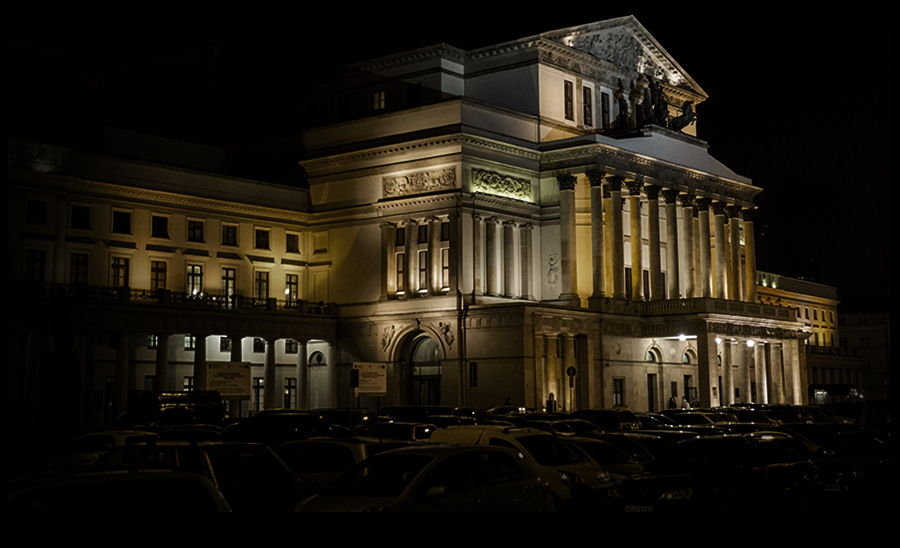-
Opera in three acts (1797)
Libretto: François-Benoît Hoffman after the tragedies Medea by Euripides and Médée Pierre Corneille
World premiere: 13 March 1797, Paris
Premiere of this production: 30 July 2019, Salzburger Festspiele
A co-production with the Salzburger Festspiele
In the original French with Polish and English surtitles -
You hear Medea, you think Callas. First, because of her larger-than-life performance of the role, thanks to which the opera by Luigi Cherubini, Joseph Haydn’s favourite, regained popularity in the 1950s. Second, because of Pier Paolo Pasolini’s tongue-in-cheek decision to cast the all-time operatic diva as an almost completely silent Medea in his film rendition of the story. The part requires phenomenal vocal abilities as well as a great acting talent. Maria Callas's dramatic skills simply dazzled the Italian cinematic radical of the mid-20th century. Medea is the embodiment of the dark power of despair; a tragic and ambivalent heroine through-and-through. Rejected, she takes revenge in the cruelest of ways. Infanticide is widely considered as the most unforgivable of crimes, an abomination that is impossible to understand or justify. Simon Stone, young yet highly recognised Australian actor and director, revisits the tragedy by Euripides, having already staged it at the Internationaal Theater, Amsterdam. He likes to reinterpret, or rewrite, classic texts as intimate, almost ‘cinematic’ performances, full of rawness and poignancy. In all probability, his operatic take on the myth will be a modern tale of humiliation, rejection, and fury. Possibly, the director will find Medea somewhere among us all.
-
Chorus and Orchestra of Teatr Wielki – Polish National Opera
-
Time is measured by
-






